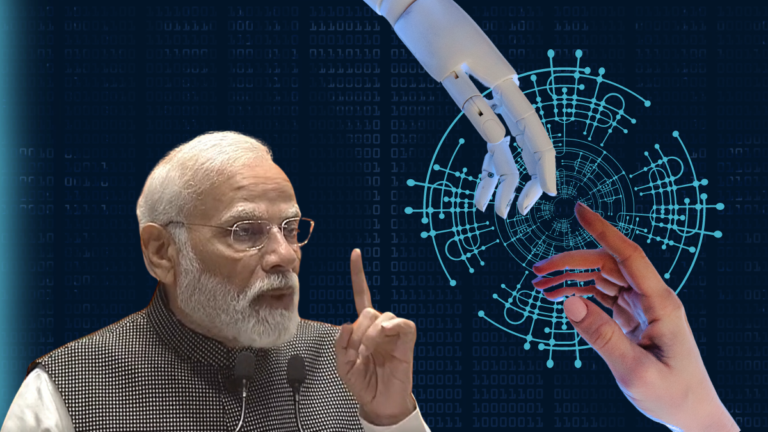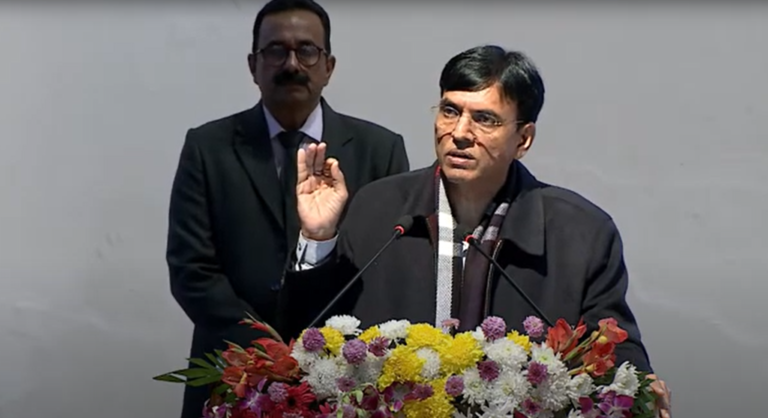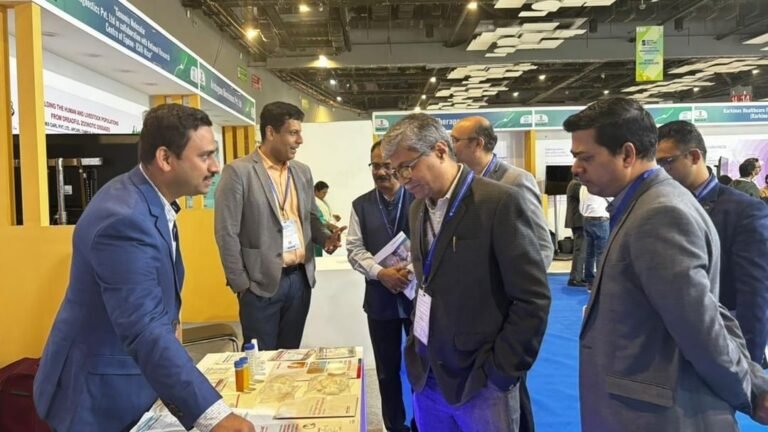The Insurance Regulatory and Development Authority of India (IRDAI) has taken a significant step towards revolutionizing the Indian insurance sector with the approval of Bima Sugam. This proposed one-stop online marketplace, translating to “Easy Insurance” in Hindi, holds the promise of simplifying insurance buying and management for Indian consumers.
A Vision for Transparency and Efficiency
Bima Sugam is envisioned as a comprehensive platform that will address the current challenges faced by insurance seekers in India. Here’s what this initiative could bring:
- Unified Marketplace: Bima Sugam aims to be a one-stop shop for all things insurance. Consumers can expect to find a wide range of products, including life insurance (term, whole life, unit-linked), health insurance (individual, family floater, critical illness), and general insurance (motor, travel, home, etc.) from a multitude of insurers, all under one roof. This eliminates the need to visit individual insurer websites or approach multiple agents, streamlining the discovery process.
- Focus on Transparency: Bima Sugam prioritizes clear and accessible information. Standardized product descriptions with clear disclosure of coverage, exclusions, and benefits will empower informed decision-making. Consumers will be able to easily understand what each policy offers, minimizing the risk of mis-selling practices.
- Comparison Made Easy: Gone are the days of poring over individual policy documents. Bima Sugam plans to integrate comparison tools that allow users to juxtapose plans from different insurers based on crucial factors like coverage, premium costs, claim settlement ratios, and exclusions. This empowers consumers to identify the policy that best aligns with their budget and risk profile.
A Holistic Insurance Journey (Future Functionality)
While the exact functionalities of Bima Sugam are still under development, here’s a glimpse of what the platform could offer in the future:
- Simplified Purchase Process: The platform could offer a user-friendly interface for buying insurance policies electronically, eliminating the need for physical paperwork and potentially reducing wait times. Online payment gateways could facilitate instant and secure premium payment.
- Centralized Policy Management: Bima Sugam could act as a central hub for managing existing insurance policies. Users might be able to view policy details, track renewal dates, and make premium payments directly through the platform, eliminating the hassle of managing multiple documents and ensuring timely renewals.
- Streamlined Claim Settlement: Claim settlement is often a stressful and time-consuming process. Bima Sugam’s future plans could include online claim filing and tracking mechanisms, enhancing transparency and potentially expediting claim resolution for policyholders.
- Grievance Redressal Mechanism: The platform could provide a platform for grievance redressal in case of disputes with insurers. Consumers might be able to lodge complaints and track their resolution through the platform, ensuring a fair and efficient mechanism for addressing concerns.
Benefits Beyond Consumers
Bima Sugam’s potential impact extends beyond policyholders. Here’s how other stakeholders could benefit:
- Enhanced Reach for Insurers: The platform could offer insurers a wider reach and a more cost-effective distribution channel. By showcasing their products on Bima Sugam, insurers could connect with a vast audience beyond geographical limitations and attract new customers without the need for extensive branch networks.
- Empowered Intermediaries: Insurance agents and brokers could leverage Bima Sugam to connect with potential customers. The platform could act as a lead generation tool, allowing intermediaries to showcase their expertise and build relationships with consumers seeking personalized guidance.
- Improved Regulatory Oversight: IRDAI expects Bima Sugam to foster a more efficient and transparent insurance sector. Standardized product information, streamlined processes, and online grievance redressal mechanisms could empower IRDAI to exercise better regulatory oversight and ensure consumer protection.
Challenges and the Road Ahead
While Bima Sugam presents a promising future for Indian insurance, some challenges need to be addressed before it becomes operational:
- Bridging the Digital Divide: A significant portion of the Indian population still lacks access to the internet or possesses limited digital literacy. IRDAI and other stakeholders will need to devise strategies to bridge this digital divide and ensure inclusive access to Bima Sugam.
- Data Security and Privacy: The platform will likely house sensitive user data. Robust cybersecurity measures and strict data privacy protocols will be essential to build trust and prevent misuse of information.
A Stepping Stone for “Insurance for All”
Bima Sugam aligns with the Indian government’s vision of “Insurance for All by 2047.” By simplifying access to insurance products, promoting transparency, and streamlining processes, the platform has the potential to significantly increase insurance penetration in India, leading to greater financial security and protection for its










